Like so many gamers in 2020, I was practically vibrating out of my seat when Cyberpunk 2077 was released. It looked like all I could ever ask for in my favorite genre. A genre full of possibilities, with so many stories to tell, hardware capable of going the distance, and incredible style. That's what I believe CD Projekt RED's marketing promised: the open-world cyberpunk roleplaying video game nobody's ever managed to pull off.
Sadly, CD Projekt RED did not pull it off either. In fact, they fumbled the landing so bad the product broke upon release. It'd need 500+ fixes and copious patches to be borderline playable. It appears the problem was top-down: stakeholders, crunch and a little thing called "not understanding the genre one is directing a game for." Even now, I believe Adam Badowski's comments about transhumanism make him a poor fit for the undertaking. At the same time, early Cyberpunk 2077 was likely a perfect-storm development nightmare, with multiple points of failure (that failed) that the public will never know the extent of.
But a broken game wasn't the only issue: Cyberpunk 2077 wasn't just technically broken, but felt thematically broken, is exhaustingly limited and is bigoted in ways I am not going to get into (I know. Shhh. I know already).
It seemed like the game was hellbent on offering the veneer of roleplaying, the illusion of choice and the optics of its genre. Playing it felt like reading piss-poor multiverse AU fanfic of every cyberpunk IP ever made, written by some 20-something centrist dude who thinks hacking is using View Source in Chrome and watching anime means he's a philosopher.
And maybe that's what it was. Maybe it got better. Maybe...I was wrong.
All I know is that booting up Cyberpunk 2077 in 2022, downloading all the patches, and playing it for 60+ hours during acute burnout a creative sabbatical gave me a different impression: Cyberpunk 2077 might be hot dogshit and brilliant at the same time.
Enter the definitive charitable analysis of Cyberpunk 2077 by someone who should hate this game, but can't, no matter how hard they try.
Cyberpunk 2077: A realistic capitalist dystopia?
A world where nobody wins except the corpos

A key reason Cyberpunk 2077 was initially so frustrating to me is that I believed the game was a failure as a roleplaying endeavor. All routes are functionally the same, your character has no real identity for most of the game, but a rockstar wannabe anarchist parks his ass in their head and hands them an ultimatum anyways: go out with a bang or else. The stakes are high, but you don't really feel it. It's forced, linear, and full of artificial limits, which is frustrating.
However, unlike my perspective during my first attempt—which lead me to rage-quit before beating it—I've discovered something. This game was impossible to pull-off from the get-go. It boils down to function and narrative.
Night City—written to-form in a videogame—can't contend with all the choices you can make of its tech, lore and world-building. Not only that, but rising through the ranks is always a villain story. Lastly, capitalist dystopia wins, not you. Video game logic can't apply to something like this; there must be limits, heroism has to be on the table, and winning can't always mean losing.
However, I didn't have that perspective, at first. All I knew was that V was fated to die and Night City's innards felt unfair and unsatisfying. They still do and not just because it's impossible to squeeze a TTRPG game system into a 3D sandbox.
Surviving capitalist dystopia is unfair and unsatisfying, and if CD Projekt RED's Night City was written with any skill, it would be too. And it is. That's the other problem: Reality.
In 2022's boring dystopia, we work with what we have, which isn't much. We chase hollow numbers versus real friendships. We buy clothes that are made in-mass and birth land-fills because of it. We work jobs that do nothing but suck time and energy. Healthcare is a joke, body autonomy is off the table, fascism is alive and well, and we ruin our planet for the convenience of a handful of out-of-season berries. We're complicit in our own suffering and the suffering of others with a single click. Every single day.
In a capitalist dystopia—real or fictional—unless you have strong relationships, a good head on your shoulders, and have the will to do more than just survive, it's going to feel unfair and unsatisfying. Because it is.
Back to the game: almost everything about Night City's innards feels unsatisfying in this exact way, and that may be because it's how capitalist dystopia translates as a hollow, loveless venture.
Poor game design aside, let me ask you a question: would fixing the game (whatever that looks like) actually change Night City's inherent quality of suckage? No. Because the world of the game is entrenched. The problem is the capitalist dystopia V is born into and is powerless to change without great sacrifice, risk, or otherwise. That's the statement being made of Cyberpunk 2077's universe. A statement I wasn't willing to read.
Despite knowing this read is not fully intentional, as someone watching rebellious peers sit in Night City's digital mirror image and fight each other for space while the corpos eat our world alive, it speaks to me.
Sitting with my partner in our personal nomad camp, enjoying each other, building computers, playing music, making art, hating corporate...Cyberpunk 2077 speaks to me.
I can say that Cyberpunk 2077 may not be what was advertised, what its biggest supporters say it is, and definitely needed a lot more time. However, I can no longer say it's a bad game. In fact, it might be a necessary one for 2022's current dismal state.
Speaking of dismal, let's talk about V.
Cyberpunk 2077: Loss of hope, grief and survivalism
Let's talk about V and who they are

Ah, V. The protagonist you're meant to project yourself upon as you play. The character you control, whose destiny is unwritten, that you shape. At least, that's how Cyberpunk 2077 was marketed: an open-world roleplaying game where your choices matter. What if that's not exactly accurate? What if V is already a written-character and you're experiencing a narrative-driven story that CD Projekt RED pretends it didn't write?
What if Cyberpunk 2077 is a story about loss, grief, and choosing to live when you're fated to die in a techno-capitalist dystopia? To get what I'm throwing down, it's important that you understand V is merely in survival-mode. It is important you get that regardless of what choices you make, the goal is actually getting your character to a place where they can make a single groundbreaking decision about who they are and who they trust. Where they are able to pick something to believe in as its mirrored by NPCs with far more oomph than V has for the entire game.
All of this only makes sense if V had something emotional to overcome that prevented them from forming attachments, cliques, gangs, groups or otherwise. And the only way for that to be true is if Jackie's death was unprocessed grief. And the only way for that to true is if V has implied characterization.
I stumbled on this read when Rogue mentioned V works alone for a reason. As she's a people-reader, it made me stop and rethink how I was reading V's narrative. Upon doing this, the game opened up and everything that hadn't made sense...suddenly did.
In my personal opinion, V's characterization is already written in stone. They're a morally gray, hopeless capitalist fume-chaser—regardless of route—who has nothing and nobody. When they find somebody to care about—Jackie—he dies during their big gig. It's then that V stops living and dreaming and starts surviving. That is V's plight until you effectively steer them towards living again, and maybe even with Johnny's help.
You are not experiencing a self-insert story with Cyberpunk 2077. You are playing a character that was written deliberately, while CD Projekt RED tried to pretend it did no such thing to satisfy people like me (and maybe their stakeholders, too).
Were gamers lied to? Yes. Did CD Projekt RED need to pick a lane and drive? Yes. Is V's story riveting anyways? Also yes. Oh no.
Remember Dex's monologue about living a life of luxury and growing old, or going out with a bang? That was the player's thematic nod and it's also the moment V enters survival-mode. Already a written-character, V's closest connection gone and dead, a technological tumor in their head now nags them to fucking grow a spine and chase down a love interest? Shoot the bad guys? Live, for fucking once?
That's called characterization, which is something CD Projekt RED wants to pretend doesn't exist for V, so players can feel like a projectible-badass even if the protagonist they wield isn't.
Cyberpunk 2077 is about a character steeped in unprocessed grief, stuck in dystopic capitalist hell, grappling with mortality, and learning to live outside of survivalism. Outside of Night City's dog-eat-dog loop that V began as some bullshit glory-rush. But it isn't glorious. It's capitalist cancer. That is the message of V's character and why Johnny is such a nag.
As you progress, Johnny even begins to pity V, and that isn't just down to personal choices. Many of these sobering moments are without prompting and identical regardless of input. Johnny seems to soften as V barrels ahead, never processing Jackie's loss, knowledge of their own impending death, or any real consequences for their actions.
You—as V—meet strong characters, characters you might even manage to befriend. They have ideals, goals, dreams and they're all worried about V. And they're worried because V isn't living and I'm not talking about The Relic. I'm talking about a character who trusts nobody until the final hour. A character who has been written to phone-it-in. To shoot and move on.
Think about it: there are so many beautiful, robust characters to engage with. So why isn't V, if Cyberpunk 2077 can deliver this? Why isn't V if there are a plethora of beautiful moments, side-quests like Sinnerman that make you question your gameplay pursuits, deep, involved examinations of morality, love, agency and more?
Is it just the open-world, roleplaying nature? No, because Cyberpunk 2077 proves time and time again it can tell a moving story about anything, even a sentient car. No, because V is always a merc running out the clock. No, because V is always morally gray. No, because V's character is a study in loss of hope, grief, survival and forging an identity in the aftermath of shattered expectations.
At the end of the line, V must abandon their morally gray superhero bullshit and pick a team, hoping that team can give them a good ending. And sadly? They probably can't.
V is a character that's already been written. That is a narrative choice, not a mistake. And that narrative choice becomes painfully clear the moment you start listening to the cast of characters you're swimming with.
They have an awful lot to say about living, if you choose to listen, even at the very end of the game itself.
Cyberpunk 2077: Finding something worth living for
The story at the heart of this game is about life itself

Most of Cyberpunk 2077's endings are inconclusive as to V's survival, but all of them have something to say about what truly living looks like. There are paths you can choose that transforms V's predicament from hopeless to hopeful. Yet, these choices also put the chosen team in harm's way. Living, it seems, has consequences and not just for yourself. A true statement if ever there was one, and narratively interesting for the morally gray merc who's been barely surviving for the whole ordeal.
Maybe you find family with Panam and the Nomads, who are loyal and liable to help V overcome their obstacles, come what may. Maybe family and love are both worth living for and maybe trust lets you not only survive, but thrive.
Maybe you sign with the devil Arasaka itself and pray corporate ingenuity gets V out of dodge. Maybe you have faith in contracts, though maybe you shouldn't. Maybe V becomes lord-merc of The Afterlife and chases just one more shady dangling carrot—all the way to the moon—in the hopes of surviving. Perhaps a self-made titan can turn back the clock. Perhaps they can't.
Then there's the most curious ending: letting Johnny take the reigns to be the hero V never could be, risking nearly nobody, making Johnny a legend again. Maybe the spirit of rebellion is worth holding onto, but if you do that, what do you give up?
There's a lot you can say about pushing people away after grief and being at the end of your road, alone. There's a lot you can say about trust, love, loyalty and leaving a broken city behind. There's a lot you can say about wishing for a real hero that you can never live up to, and never fulfilling your own potential because of it.
You, playing as V, can make these decisions and that's the point of this game, along with the journey to get why these decisions matter. The journey is a wild ride and part of the story, but these decisions do feel a bit too-little-too-late for a reason: V hasn't been making them the entire time. They've been simply surviving a capitalist dystopia.
This is V's narrative, which again, is what CD Projekt RED pretends they didn't write. A character spends a whole game fated to die, surviving, failing to process grief, and possibly continues to chase just one more day. But how is that one more day spent? Is it spent with love in a Nomad camp?
Or is it spent with one more dangling capitalist carrot?
This is called good writing, FYI.
When you play Cyberpunk 2077 for the game it really is, something happens.
It becomes kind of incredible.
Read charitably, Cyberpunk 2077 is not the journey of You: cyberpunk rebel hero. It is the journey of a single morally gray loner surviving capitalist dystopia, grappling with the weight of mortality, struggling with grief and identity and maybe not actually making a real mark, let alone by themselves. That's a realistic narrative, not an ideal one, and when you let that read surface...something changes.
Cyberpunk 2077 blossoms into a wildly imperfect, fun game with huge thematic contributions, life lessons to sit with, and a beating heart. Behind all the flaws, missteps, broken bits, there is something alive in this game that can't be ignored.
My first go-around, I did ignore it, but somehow kept playing for hours. Something was pulling me in, despite all the flaws. Maybe if I install mods, that'll fix it, I thought. Maybe it's just a hopeless bucket of crap—but then the right song hit—I peeled past Judy's abandoned place in my tiny car and felt something tug my heart. Weird.
Years passed, I took a "creative sabbatical" and came back to find that maybe I don't just not-hate Cyberpunk 2077. Maybe, I actually find it brilliant and flawed, because that's what it is.
I could be wrong. I could just like Cyberpunk 2077 and want it to be better than it is. But to make that case, you'd have to believe I don't know anything about writing, don't care about media literacy, and didn't play a game I was mad at—twice—just to change my mind for no real reason.
So what's more likely, choom?
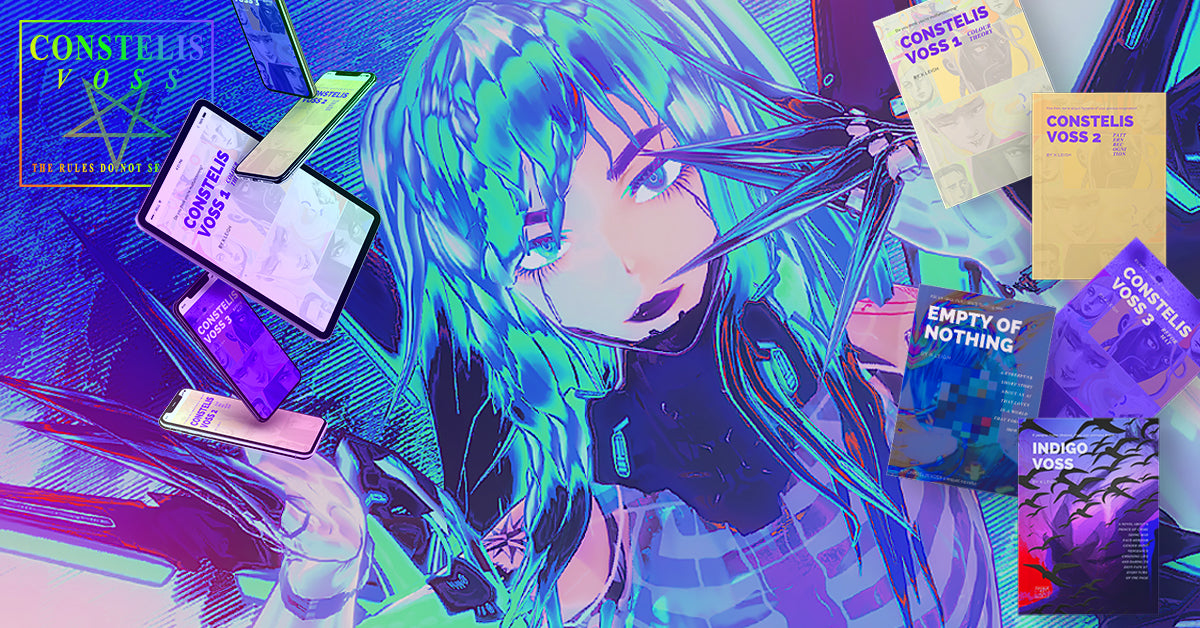
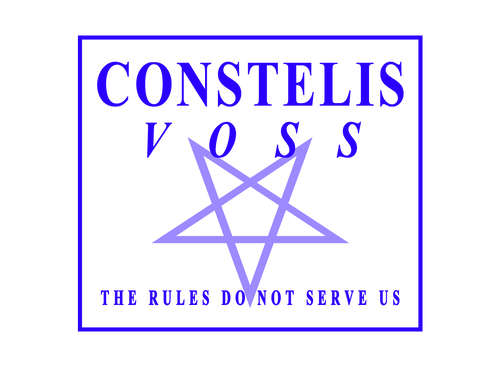
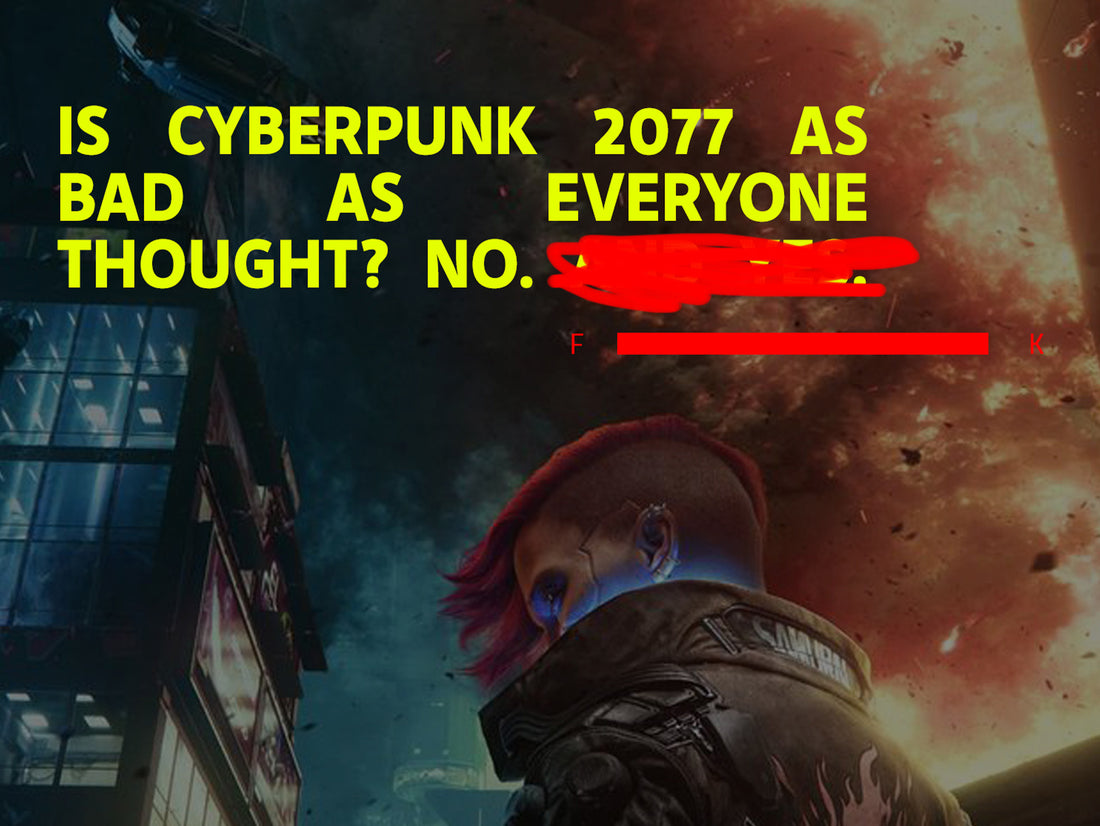
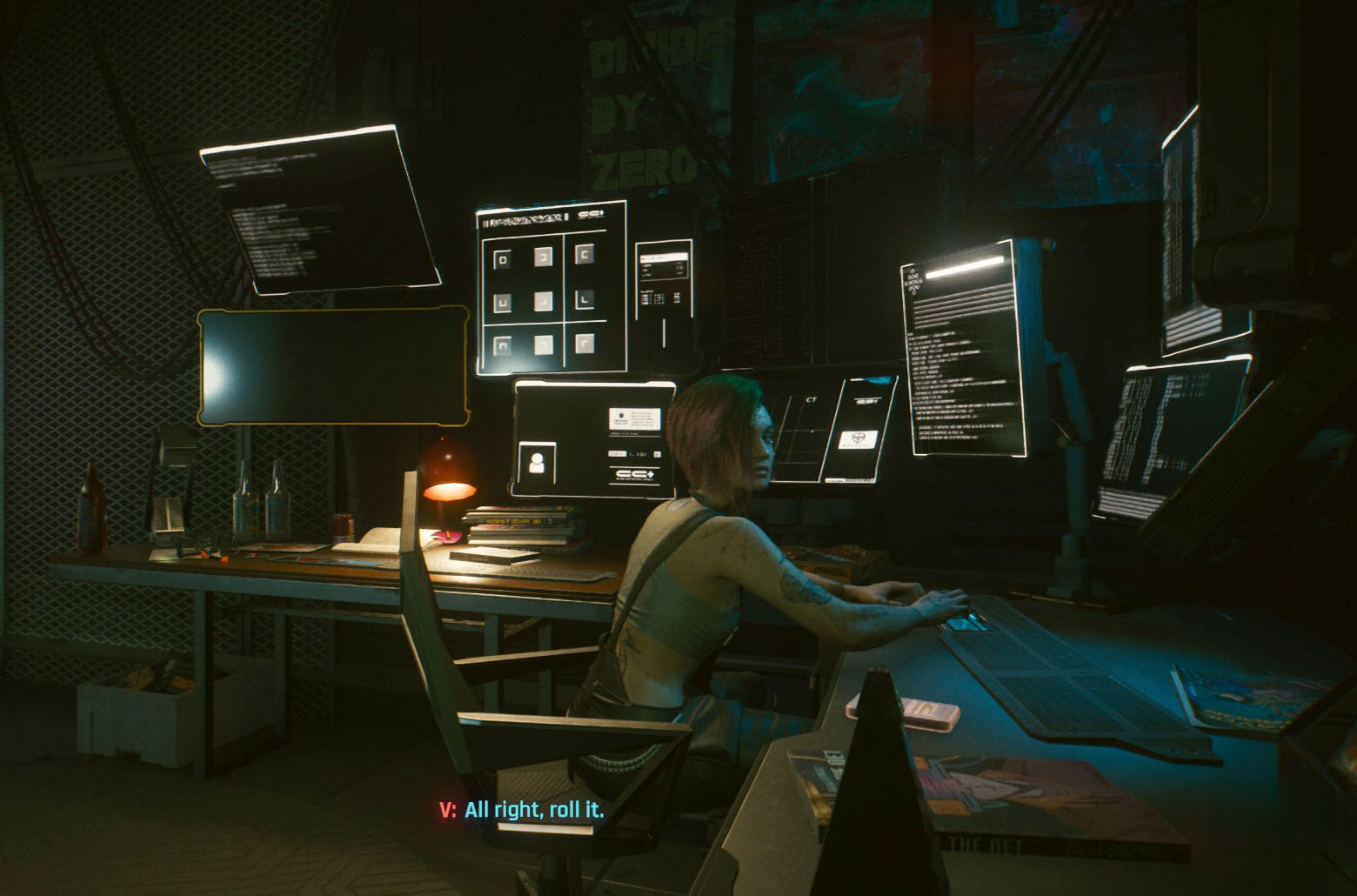
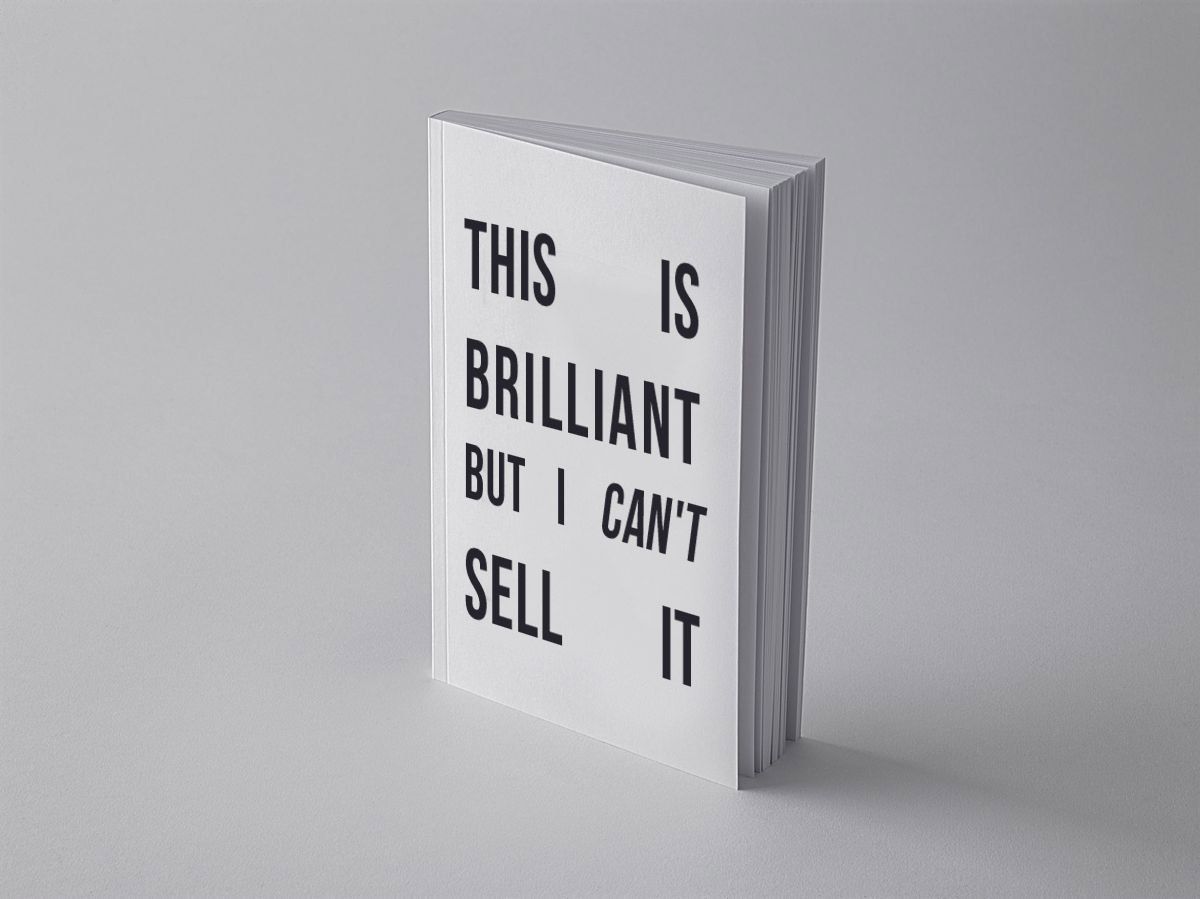
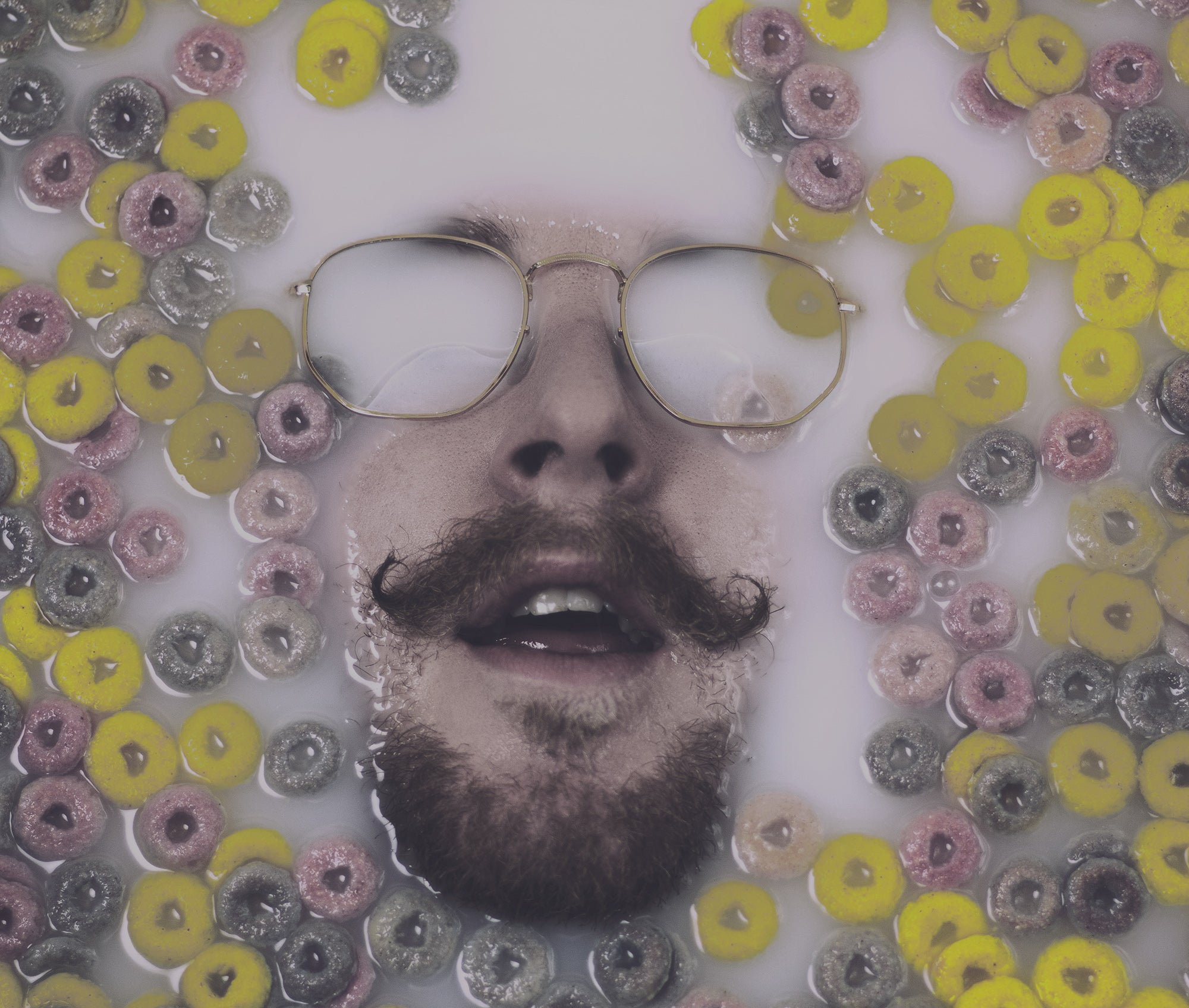
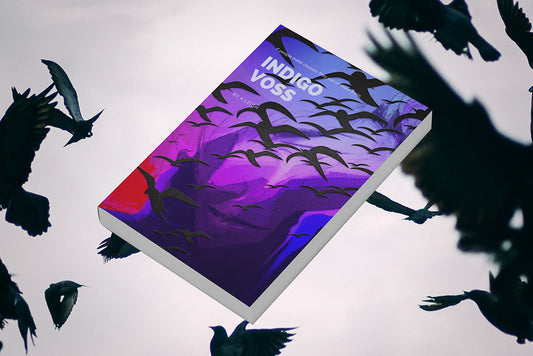
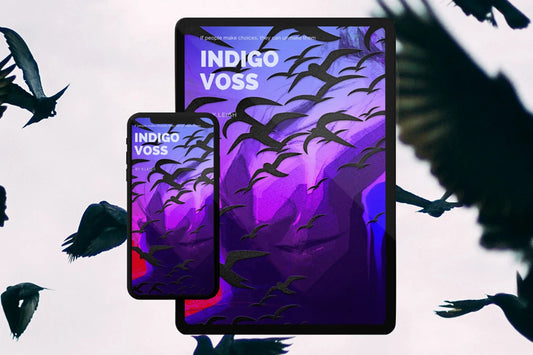
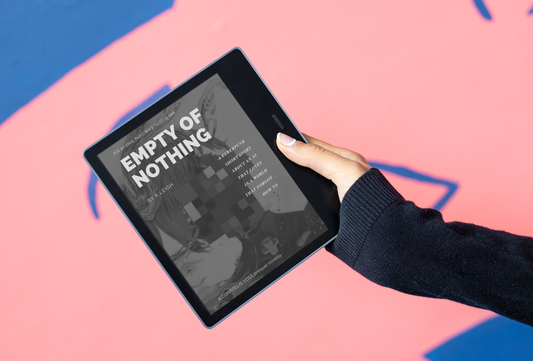
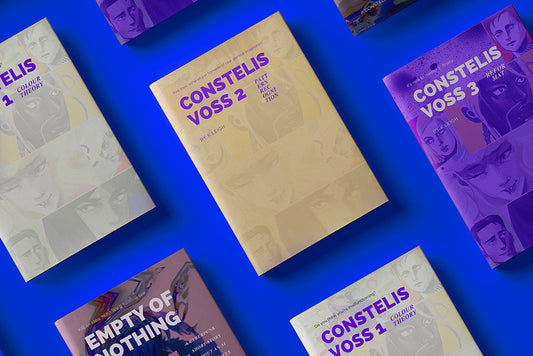
1 comment
There is so much that is so nearly good in Cyberpunk that it keeps you coming back for more of what turns out to be ultimately unrewarding and disappointing. The first person fighting is really poor. Stealth outside hacking is severely limited. The attribute and perk system is woefully annoying. I’ve nearly finished the game and I’m nowhere near achieving anything interesting in the perk trees; I’ve accumulated literally mine boggling amounts of quick hack resources but I’ll never be able to reach the required attribute level to use them. I’ve invested heavily in crafting and won’t be able to craft legendary items before the game is complete. The driving is skittish and very irritating. I can’t install high level cyberware until virtually the very end of the game. It’s a shockingly badly designed game. Witcher 3 which they made years prior is so much more accomplished. I feel like that’s been 70 hours completely wasted.